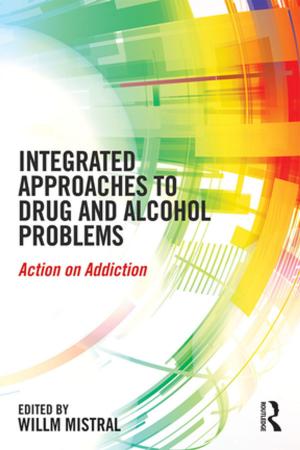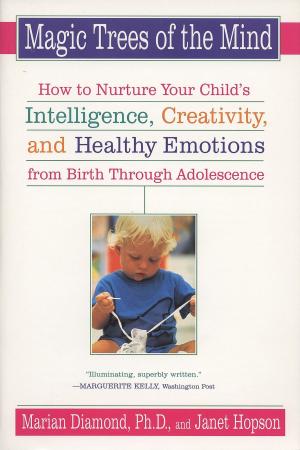Current Trends for the Diagnosis and Treatment of Bipolar Disorder in Children: Are we headed in the right direction?
Nonfiction, Reference & Language, Education & Teaching, Special Education, Health & Well Being, Health| Author: | Gregory Farnsworth Owens | ISBN: | 9781476424699 |
| Publisher: | Gregory Farnsworth Owens | Publication: | June 24, 2012 |
| Imprint: | Smashwords Edition | Language: | English |
| Author: | Gregory Farnsworth Owens |
| ISBN: | 9781476424699 |
| Publisher: | Gregory Farnsworth Owens |
| Publication: | June 24, 2012 |
| Imprint: | Smashwords Edition |
| Language: | English |
Many parents are faced with difficult children. But how difficult does a child need to be for a parent to consider a long and uncertain treatment protocol? More importantly, what factors lead to parents and doctors making pharmaceutical decisions? As a teacher, I find more and more children being prescribed a wide variety of medications. Teachers often feel powerless to influence a parent or doctor when witnessing debilitating side effects. In the case of children with multiple disabilities (such as non-verbal children, children with limited mobility, children with few opportunities to participate in typical childhood activities), how appropriate is medication as the first and only treatment option? In an interview with a parent of a child diagnosed with bipolar disorder at the age of 5, we find that the child has now undergone 6 years of trial and error medication before finally arriving at an effective combination of medications and dosages. The child has endured years of at times extreme side effects. Now the parent has to wonder whether her child has undergone a personality change, long term developmental and medical implications, and if the medications will continue to be effective.
For the above reasons it is absolutely critical to understand the impact that the use of a range of pharmaceutical products will have on potentially millions of children (who will then be adults). There may and may not be existing or imminent research which will answer all of these questions. This does not mean that we should stop questioning. It may mean that the practice of pharmacological treatment of children should be halted. But who can and will make that decision. Obviously the big players are the FDA and the DSM-V taskforce. Yet, every parent can make the decision not accept a diagnosis of their child’s condition, and to medicate their child. In my experience parents are influenced by many people: teachers, bus drivers, paraprofessionals, administrators, friends, and family. Are we ready to take on the work of helping these children without the use of pharmaceuticals? We should at least consider it a viable option.
Many parents are faced with difficult children. But how difficult does a child need to be for a parent to consider a long and uncertain treatment protocol? More importantly, what factors lead to parents and doctors making pharmaceutical decisions? As a teacher, I find more and more children being prescribed a wide variety of medications. Teachers often feel powerless to influence a parent or doctor when witnessing debilitating side effects. In the case of children with multiple disabilities (such as non-verbal children, children with limited mobility, children with few opportunities to participate in typical childhood activities), how appropriate is medication as the first and only treatment option? In an interview with a parent of a child diagnosed with bipolar disorder at the age of 5, we find that the child has now undergone 6 years of trial and error medication before finally arriving at an effective combination of medications and dosages. The child has endured years of at times extreme side effects. Now the parent has to wonder whether her child has undergone a personality change, long term developmental and medical implications, and if the medications will continue to be effective.
For the above reasons it is absolutely critical to understand the impact that the use of a range of pharmaceutical products will have on potentially millions of children (who will then be adults). There may and may not be existing or imminent research which will answer all of these questions. This does not mean that we should stop questioning. It may mean that the practice of pharmacological treatment of children should be halted. But who can and will make that decision. Obviously the big players are the FDA and the DSM-V taskforce. Yet, every parent can make the decision not accept a diagnosis of their child’s condition, and to medicate their child. In my experience parents are influenced by many people: teachers, bus drivers, paraprofessionals, administrators, friends, and family. Are we ready to take on the work of helping these children without the use of pharmaceuticals? We should at least consider it a viable option.















